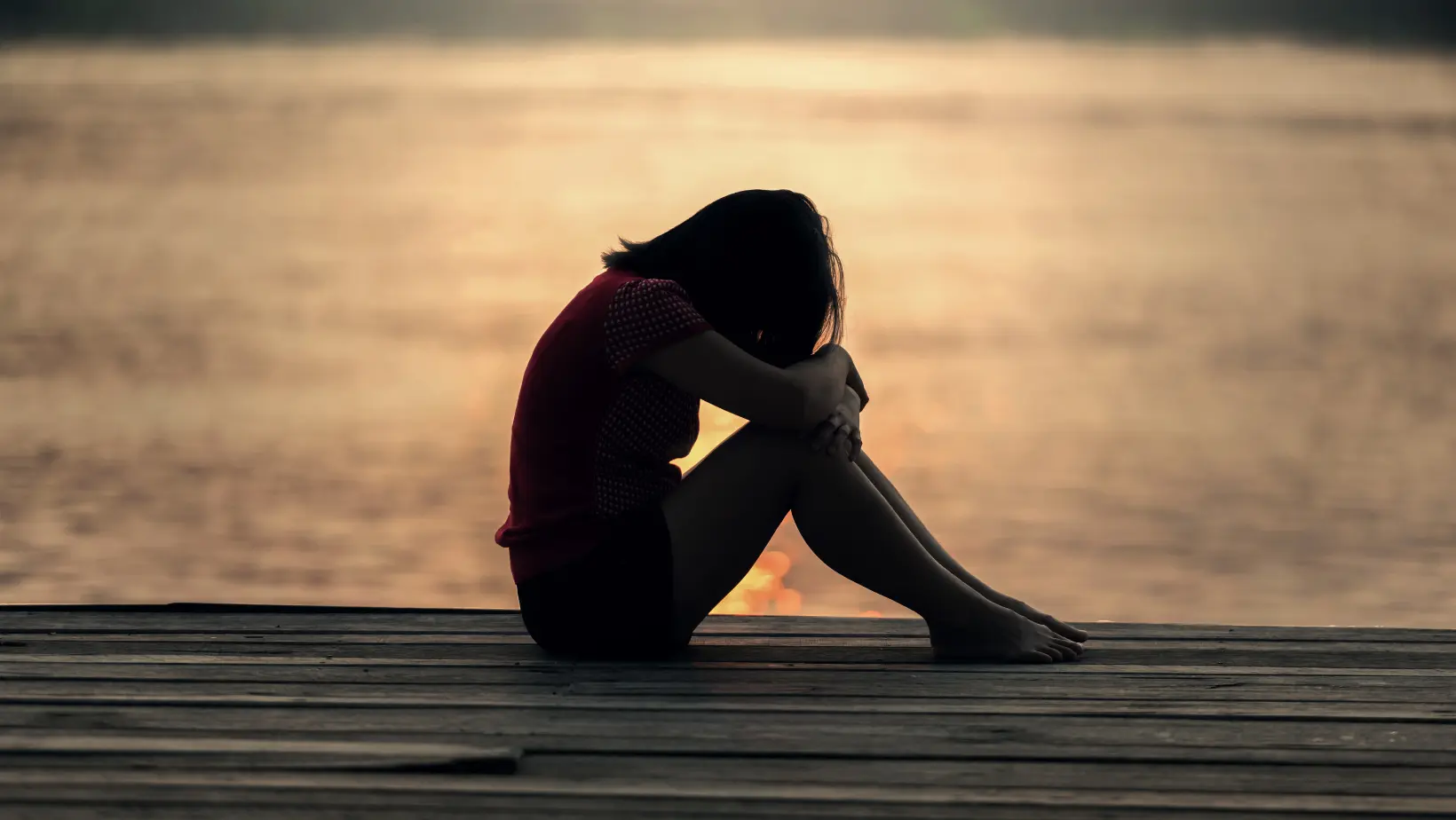In a previous article, I talked about the definition of a miscarriage and some predisposing factors.
Today I would like to continue on the topic and talk about reactions. We know that men and women express their emotions in a very different way in daily life. This is also true when reacting to a miscarriage. For men and women, what are their most common reactions and acceptance strategies? What are the impacts on the couple and the rest of the family?
Becoming a father takes place mostly in a man’s head, not through their emotions. This contrasts with women, who carry the fetus and become emotionally attached to it faster. Because of this, women’s reactions are often more intense than men. A woman will have a feeling that they failed, ashamed, feel guilty that they were unable to carry the fetus to term. She will also fear that she disappointed her partner and her friends and family. She will often feel empty, like she lost a part of herself, and this may lead to fears that she might not be able to conceive in the future. Often, women will need to talk about the baby, to communicate their sadness, their experience and will want to be listened to, supported and cared for by her family and friends.
For men, the loss is experienced more as a sadness than a feeling of loss. They often feel alone in their emotions and hold back their sorrow to avoid making their spouse even sadder. They feel powerless and think that they failed to protect their family. Their acceptance strategies are often found in their “strong man” attitude, their desire to stop talking about the miscarriage, a tendency to suppress their emotions or to experience them in a very private way. They will try to comfort their spouse, do the necessary things associated with the death, if necessary, and will quickly go back to normal life. Some will find refuge in their work, sports or alcohol to hide their sadness.
For a couple, losing a baby is a challenge to be faced together.
Depending on the pre-existing relationship, the impact will be different and can either bring the couple closer together or push them apart. Going through the stages of mourning at a personal pace can sometimes lead to misunderstandings and communication problems for the couple. Even sexual intimacy can be affected-remembering the baby they just lost, fearing becoming pregnant again then losing the baby, less desire to feel pleasure when feeling so sad…
Regarding the reactions by children and the family, it all depends on their age and their understanding of death. However, they’re more concerned with the well-being of their parents than with the loss of the baby. They can feel abandoned, guilty of maybe wanting the baby to die or anxious about losing their parents.
The decision to have another child depends on each couple or family. Parents are encouraged to choose the right moment for them to try to conceive once again.
Following a miscarriage, the medical community generally recommends waiting for a normal menstrual cycle before attempting conception again. If this happened before, it’s not a concern for the vast majority of couples, if they feel ready, of course (FMOQ Nov 2024).
If you’re reading this and are scared of the next steps, trust yourself and listen to your heart. It will be your best guide for the future.
Marie Fortier
The Baby Expert
Updated article : November, 2024.
A video about a father’s perinatal mourning: Five men tell the story, “When the storm passes: Fathers’ mourning.” (in french).
Reference :
-
FMOQ, congrès annuel de la Santé de la femme, Québec, novembre 2024. Conférence : Les saignements durant le premier trimestre


